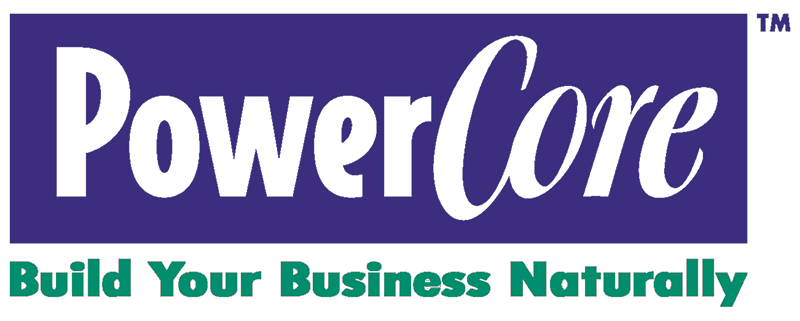What To Do To Give Referrals: Result > Efficiency
Each PowerCore Officer has tools – the TCO carries a briefcase of them.
· What tools are essential for your business?
How does the way you use these tools benefit your clients?

Response from Michael Smith
from the Candler Park Team
A computer - and not just any computer, my computer. The workflow is built into the various applications that I use from CAD programs to billing. A tool belt might be a physical metaphor for how it works on the office side of the business. I'm constantly pulling another tool up on the screen to process information, orders, manage communication with clients, manage supply chain issues, and of course design, build, and bill for clients.
It might not be obvious, but the defined workflow helps with responsibility through out the project and my clients don't have to manage the work. That's what I do. They are going to their kids soccer games or taking a vacation instead of spending their weekend at big box home improvement store trying to figure out what to buy and how it's going to fit in the back of their Lexus.
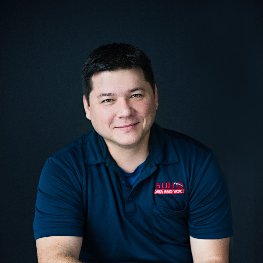
Response from Jon Ongtingco
from the Cumberland Team
My company's most essential tools are our minds and ability to apply processes to troubleshoot issues. My brain tends to work in "If then" statements. If it's not the hard drive, and it's not the ram, and the powersupply is testing as good, then it must be the motherboard.
My clients benefit either because the solution comes quickly or because I will continue to work at the issue until I find the resolution.
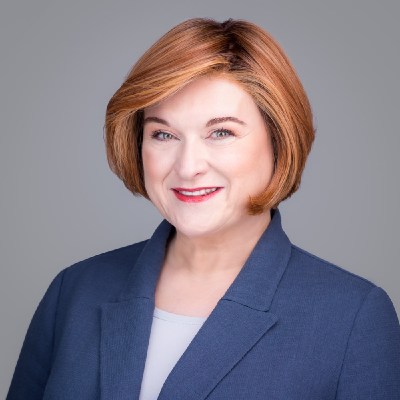
Response from Wendy Kinney
from the PowerCore Team
A pen is an essential tool for my business.
I take notes - without notes it's unrealistic that I'll remember everything.
I take notes on InfoMinutes, and 7-Minutes; I take notes on the good things I see in a meeting, so I can share those at Officer's Training, I take notes on Member participation, because the muscle memory of taking the note helps me remember, and correlate the action in the place where it belongs.
For me taking a note on my phone (even a picture) can very easily slide to the bottom of my awareness without making it to my task list. (Lacy very graciously reminded me of something last Wednesday - I'm SO grateful to her - if I miss something I want to know!) Recording a note has an even lower chance of immediacy for me. When I write a note, with my pen, on paper, I remember it even if I don't look at the note!
Response from Rebecca Brizi
from the Buckhead Team
Have you ever prepared a wonderful slide deck for your 7 minute: great photos, well designed, and then you can't get your device to connect to the screen, or you have the wrong wires, or the plug doesn't work?
Extra tools are not essential to my work, and so I don't use any, because they become additional ways in which things can go wrong.
Tools I do not use include:
- online surveys
- data dashboards
- personality assessments
- presentations
Not least because if I present my clients with something written, I will be limiting their thoughts to the things they see written in front of them. And I need my clients to think broadly and creatively about their businesses. The last thing I want to do is limit their ideas.
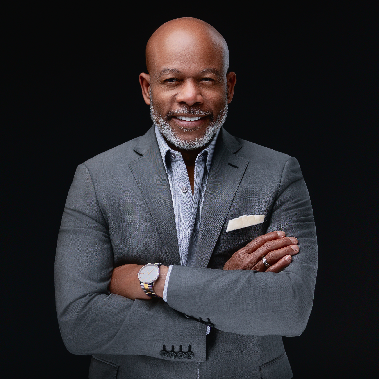
Response from Saurel Quettan
from the Candler Park Team
I carry two essential tools in my business: diagnostic interviews and strategic frameworks.
The diagnostic interviews help clients uncover hidden bottlenecks. They hear themselves say things they’ve never admitted out loud.
Then I bring in frameworks to translate that insight into systems: step-by-step ways to delegate, scale, and get out of the weeds.
The benefit? Clients stop being the firefighter in their own business and start leading it with clarity and control.

Response from Tom Wallace
from the Peachtree City Team
My essential tools:
1. Scheduling software - ensures clients and prospects can find a time to meet that's convenient for them and doesn't conflict with anything I have scheduled.
2. My resource library, I call The Assistant Financial Coach - Once a client is onboarded, they have access to my 15-Minute Spending Plan along with over 80 video and exercise modules to enhance and augment the discussions we have during our sessions.
3. Zoom - I do all my coaching sessions virtually. This is more efficient for both me and my clients, not having to travel to a meeting. Also, it gives an added level of privacy to our discussions.
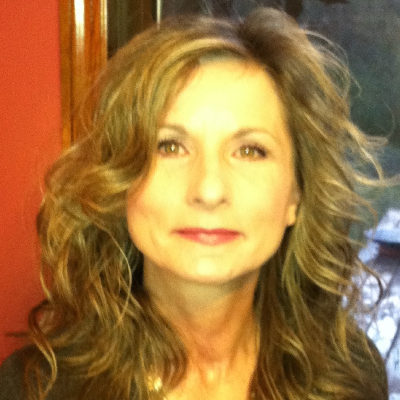
Response from Heidi Franz
from the Newnan Team
One of the most essential tools in my business is cloud-based accounting software—QuickBooks Online and Xero. I use these tools to capture real-time data, reconcile transactions, and generate financial reports that are accurate and easy to understand. Another tool is secure e-signature software, which streamlines collecting W-9s and managing client documents.
The way I use these tools benefits my clients by saving them time, reducing errors, and giving them financial clarity they wouldn’t otherwise have. Instead of waiting until year-end to find out where they stand, they can see their numbers month by month, make confident decisions, and share clean financials with their CPA or tax preparer when tax season comes. These tools help transform bookkeeping from just recordkeeping into a foundation for smarter business growth.
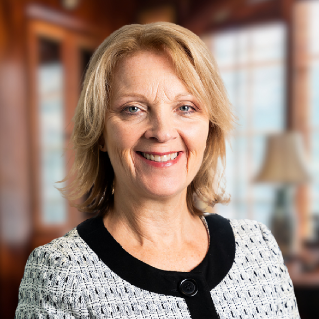
Response from Alanna Blake-Lawlor
from the Woodstock Team
My phone to take pictures & videos and also a pen and note pad to write notes. I use my camera feature to take pictures and video homes of clients who want to sell, so if I don't remember later, I can look back and verify on a picture. I also take notes all the way through the house. I also use a clip board and a pen and note pad to write notes. My printer is another tool that I use to print out listings that I am going to visit with a client. I like to print out comps of recent sold homes & current on market homes. I also need my computer to write up offers and generate a listing.
I would be lost without my pen, notepad, clipboard, phone, printer and computer.
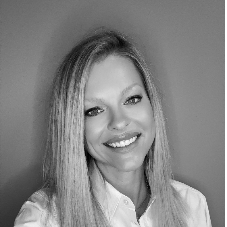
Response from Lacy Loyd
from the Newnan Team
One tool I can’t do my job without is my moisture meter. A wall can look perfect while water quietly hides behind the paint. Floors can look dry while moisture lingers underneath. My meter shows what eyes can’t see. It lets me catch problems early, protect families from mold, and save them from repairs that would only get bigger down the road.
Response from Andrew Vest
from the Milton Team
At Roswell Junction, my “briefcase of tools” is a mix of technology, data, and people.
Essential Tools
-
Tripleseat & Salesforce: These platforms both work as a CRM and keep our event pipeline organized and ensure no lead falls through the cracks. Both also have the ability to send communications out to leads, current and previous customers so that we keep in contact and at the forefront of their mind for when we are needed.
-
Sling Scheduling: Keeps labor efficient and ensures we’re staffed correctly for both everyday business and large events.
-
Google Reviews & Customer Feedback: A real-time pulse on guest experiences that guides coaching and training.
-
Product Mix Reports: Show what’s selling outside of events, helping us optimize menus, cross-sell opportunities, and vendor strategies.
-
Creative Marketing Platforms: Social media, email campaigns, our website and design tools that keep our messaging on-brand and engaging.
How Clients Benefit
By using these tools together, clients get seamless communication, smooth event execution, and a guest experience that feels thoughtful and intentional. Data-driven decisions mean menus are dialed in, staffing is right-sized, and the service is consistent. Feedback loops allow us to quickly address pain points and elevate highlights, so every guest interaction builds trust and loyalty.
In short, the way we use our “tools” ensures our clients don’t just rent space, they enjoy an elevated, worry-free experience that keeps their guests talking long after the event ends.

Response from Michal Spiegelman
from the North Point Team
Some tools in my business are digital—like Zoom, Google Docs, and Dropbox. These help me create structure and keep client materials organized and accessible. I also use a CRM system to track communication, follow-ups, and resources I share with each client—so nothing slips through the cracks.
But the most essential tools for me are not digital. They’re creative and soul-centered.
I keep a few different journals. One is for capturing inspiration—quotes from podcasts, phrases that move me, ideas that land. Another is my writing journal, where I jot down blog outlines, book content, or ideas for upcoming programs. I also have an art journal. During online trainings or right after I attend a meaningful event, I’ll often sketch, paint, or just scribble thoughts and images that come through intuitively.
And then there are the sticky notes on my wall. Each one holds a spark—an insight, a soul whisper, a message I don’t want to forget.
